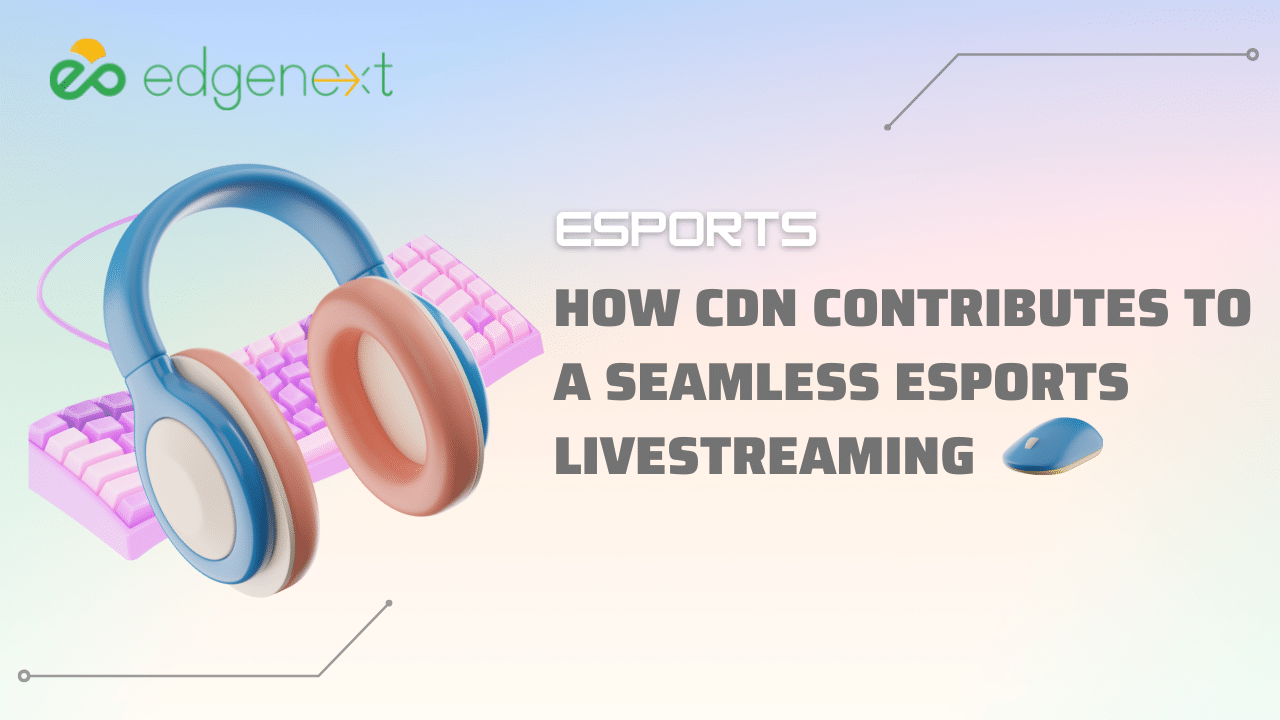
In this fast-growing digital era, gaming is no longer only a hobby, it has become an industry with professional players. Electronic sports (esports) are video games competition at a professional level. There are plenty of games being involved in esports competition, some of the most well-known esports games are League of Legends, Dota 2, Counter-Strike, Overwatch, and more. These exciting events bring more young audiences to the sports industry and shock the traditional meaning of sports.
Rising as a young and emerging industry, esports is blooming worldwide in recent years. According to recent research, the global esports audience is expected to reach 532 million in 2022 and continue growing to surpass 640 million in 2025. For revenue, it is predicted to reach $1617.7 million in 2024.
The expansion of audiences directly contributes to the esport’s revenue growth. Other than that, based on the audience engagement data, companies and brands can easily evaluate the potential of particular gaming markets and make investment and sponsorship decisions accordingly, which are also significant factors of the rapid revenue growth in the industry.
Esports tournaments are not only competitions among professional game athletes but also represent grand ceremonies and celebrations for game enthusiasts. To be the most-watched esports tournament in 2021, the League of Legends World Championship gained 73,860,742 peak concurrent viewers and an average of 30,604,255 audiences worldwide per minute (Riot Games and Stream Hatchet, 2021), showing the tremendous fanbase and commercial value of LOL.
A seamless viewing experience is crucial for Esports live-streaming. Audiences all around the globe are demanding high-quality video content with low latency and instant playback ability. Therefore, the biggest challenge for Esport companies will be the capability of handling a high volume of traffic from different regions and countries.
CDN is one of the most effective solutions to that. CDN leverages edge nodes that are at the closest locations to audience, which reduces latency on performance and brings security protection for the content through the entire esports streaming session, improving the viewer experience so that the audience can enjoy a seamless esports tournament with millions of concurrent viewers.
Empowered by widely distributed global edge cloud network, EdgeNext has developed a high-availability, high-concurrency, low-latency, and easy-to-access video platform for live streaming services. The platform is capable of handling tens of millions of concurrent requests and ensuring the esports audiences have the best watching experience without network interruptions and latencies.
Contact our Streaming expert today to provide a better esports viewing experience!
© 2025 EdgeNext Copyright All Right Reserved